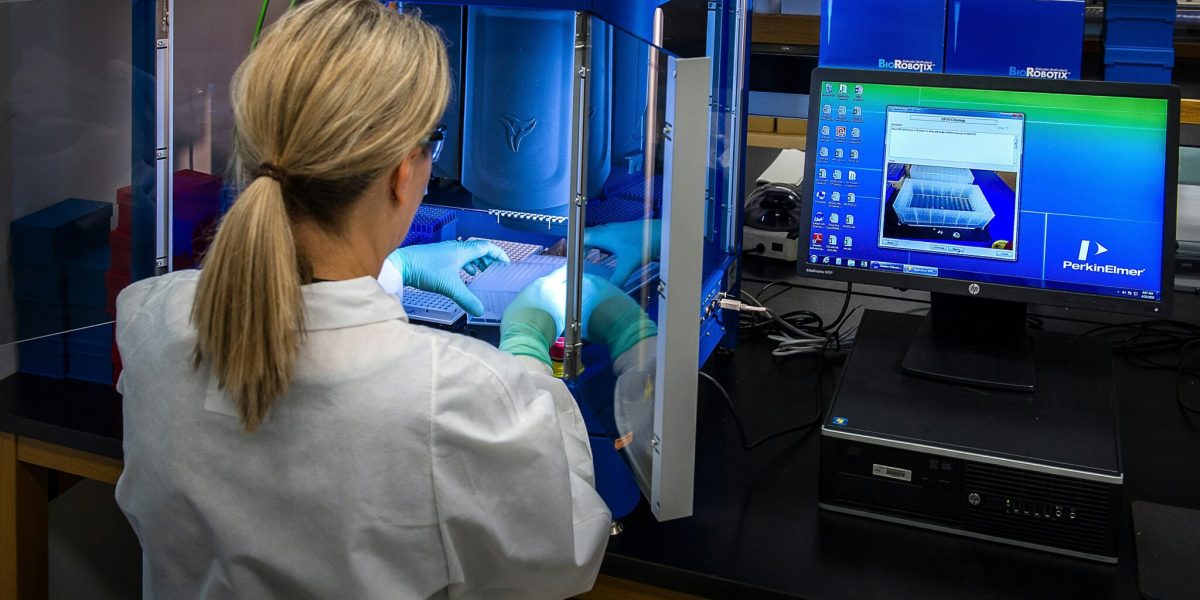The World Health Organization (WHO) is a cornerstone in the global effort to improve public health. From tracking disease outbreaks to supporting groundbreaking research, WHO plays a critical role in collecting, analyzing, and disseminating health data worldwide. This vital work not only provides governments, organizations, and researchers with reliable information but also ensures that global health trends are effectively monitored. In doing so, the WHO shapes strategies and policies that aim to improve health outcomes across diverse populations. This article explores how the WHO contributes to global health through its data initiatives, research support, and trend analysis.
How Does the WHO Collect and Share Global Health Data?
The WHO is a trusted source of comprehensive and reliable health data. It collects information from a wide range of sources, including national health ministries, regional health organizations, and non-governmental partners. By compiling this data, the WHO creates an accurate picture of global health trends, including the prevalence of diseases, vaccination rates, and other critical indicators. These datasets are then shared with policymakers, researchers, and healthcare providers to guide informed decisions.
One of the WHO’s flagship platforms is the Global Health Observatory (GHO), which provides open access to health statistics and metrics. The GHO allows stakeholders to track the progress of global health goals, such as reducing infant mortality or combating infectious diseases. These insights are essential for identifying areas where intervention is needed, ensuring resources are directed to where they can make the most impact.
In addition to general health statistics, the WHO has developed specialized data systems to track emerging health threats. For example, during the COVID-19 pandemic, the WHO provided real-time updates and maintained a global dashboard to monitor case numbers, vaccination coverage, and the spread of new variants. This ability to provide timely and reliable data underscores the WHO’s importance in coordinating global responses to health crises.
How Does WHO Support Health Research?
Beyond collecting data, the WHO is instrumental in advancing health research initiatives. The organization collaborates with governments, academic institutions, and industry leaders to drive innovation and promote research that addresses pressing health challenges. By setting research agendas, providing funding, and offering technical support, the WHO ensures that health research remains aligned with global priorities.
One of the WHO’s most significant contributions to research is its role in developing evidence-based guidelines. These guidelines are informed by rigorous reviews of existing studies and are designed to help healthcare providers and policymakers adopt the most effective practices. For instance, WHO recommendations on antimicrobial resistance have influenced national strategies to combat the overuse of antibiotics, a growing global concern.
The WHO fosters collaboration through initiatives like the International Clinical Trials Registry Platform (ICTRP), which promotes transparency in medical research. By encouraging the registration of clinical trials, the ICTRP ensures that researchers share findings that can accelerate medical advancements and benefit public health globally.
The WHO also plays a critical role in enabling research in low-resource settings. Through grants, training programs, and capacity-building efforts, the organization empowers researchers in developing countries to contribute to global health innovation. This focus on inclusivity ensures that research findings are relevant and applicable to diverse populations worldwide.
Why Is Tracking Global Health Trends Vital?
Monitoring health trends is one of the most important functions of the WHO. By analyzing data over time, the organization can identify patterns and predict potential challenges, enabling proactive responses to emerging threats. For example, WHO reports on non-communicable diseases (NCDs) such as diabetes and heart disease have highlighted their rising prevalence, prompting initiatives to address these conditions before they overwhelm healthcare systems.
The WHO also plays a critical role in identifying and addressing disparities in health outcomes. For instance, its data on maternal mortality rates has revealed significant inequalities between high-income and low-income countries, leading to targeted interventions to improve access to care in underserved regions.
By tracking global health trends, the WHO also ensures accountability for international health goals. Initiatives like the Sustainable Development Goals (SDGs) rely on WHO data to measure progress in areas such as universal healthcare, infectious disease control, and environmental health. These metrics not only provide a benchmark for success but also highlight where further efforts are needed to meet global targets.
How Does WHO Data and Research Impact Everyday Lives?
The work of the WHO extends far beyond the confines of policy and academia—it has a tangible impact on individuals and communities worldwide. Through its data and research initiatives, the WHO helps governments allocate resources effectively, ensuring that essential services reach those who need them most. For example, WHO vaccination campaigns, informed by detailed epidemiological data, have contributed to the eradication of diseases like smallpox and the near-elimination of polio.
WHO guidelines influence the standard of care in healthcare facilities across the globe. From nutrition advice to disease prevention protocols, these recommendations shape the practices that patients encounter in their daily lives. For instance, WHO research on mental health has driven global advocacy campaigns, reducing stigma and improving access to psychological support services in many countries.
The organization’s emphasis on equitable healthcare ensures that its data and research serve not just the wealthiest nations but also marginalized and vulnerable populations. Whether by providing early warnings about disease outbreaks or guiding disaster response efforts, the WHO’s contributions ensure that public health responses are timely, effective, and inclusive.







